OHY CHOISIR FANGKUAI?
Zhengzhou Fangkuai Boiler Sales Co., Ltd. est une filiale de Fangkuai Boiler Company, mainly
responsible for the domestic and foreign trade of Fangkuai Boiler.Fangkuai Headquarters Base
has a single-building R&D center, un laboratoire en état de fonctionnement complet et deux fabrications
végétaux, avec une zone de production de 120 000 mètres carrés. C'est l'entreprise leader dans
La Chine avec des capacités de traitement d'automatisation de chaudière, et ses produits sont exportés vers de nombreux
pays et régions.





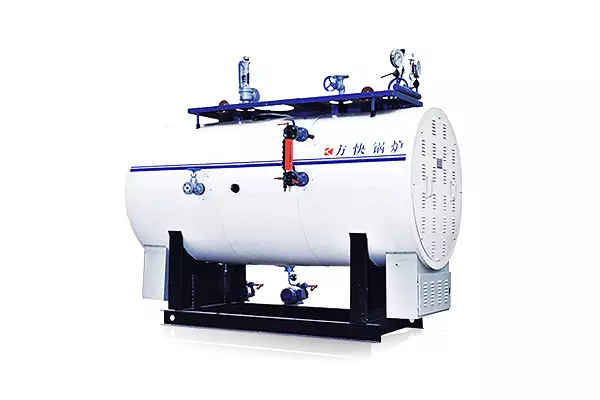
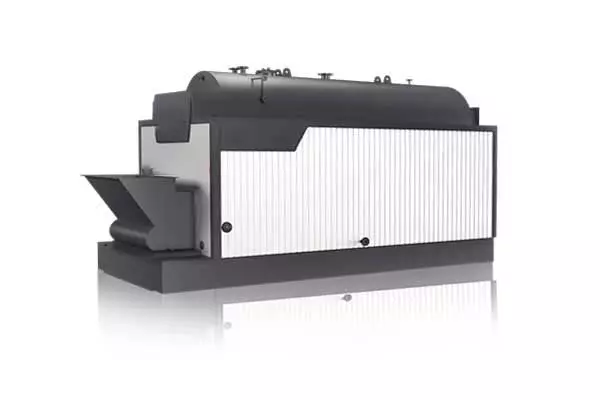
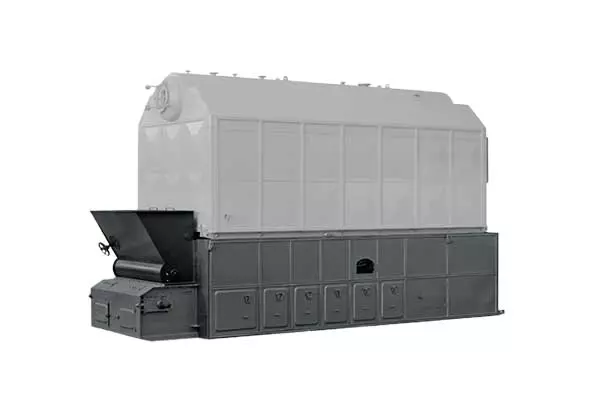
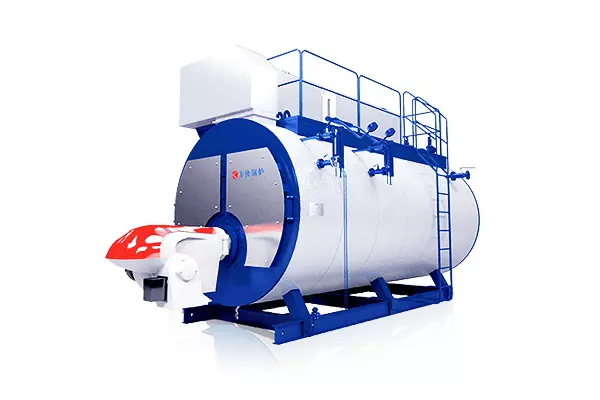
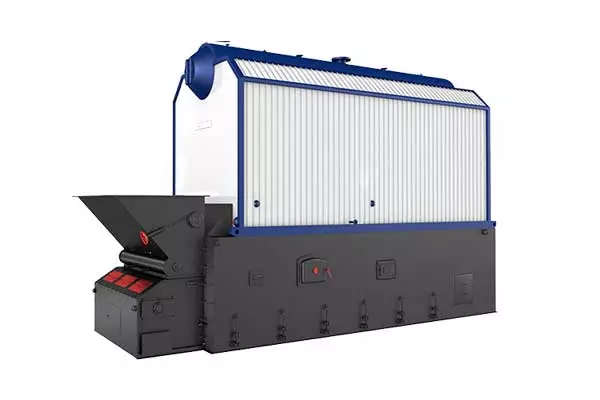
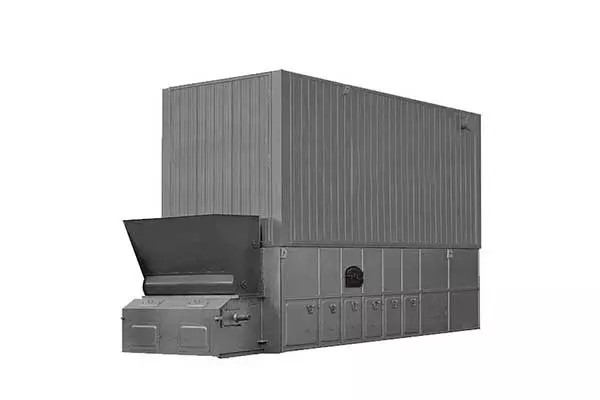
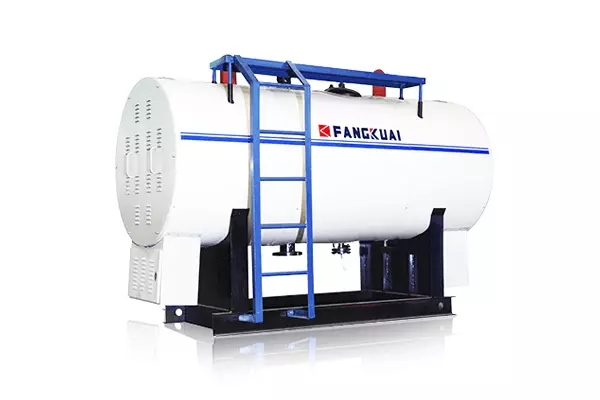
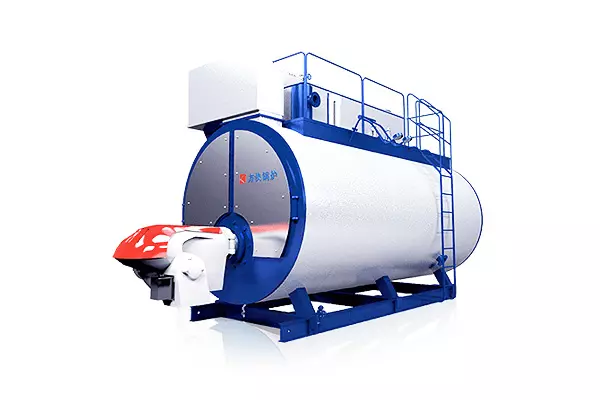
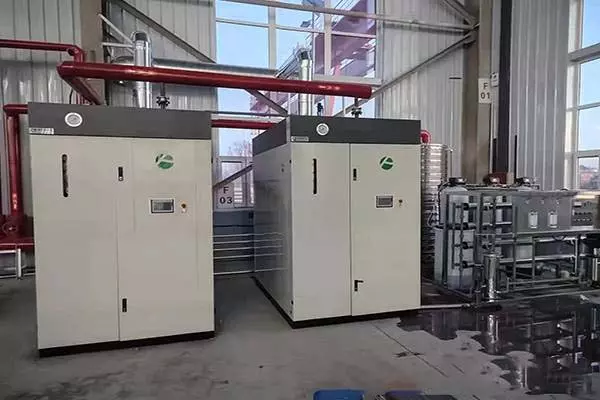
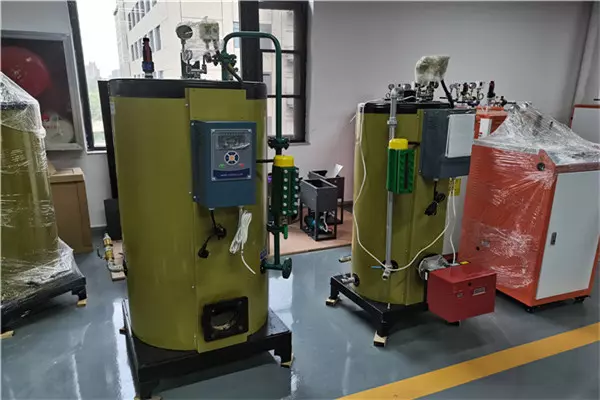
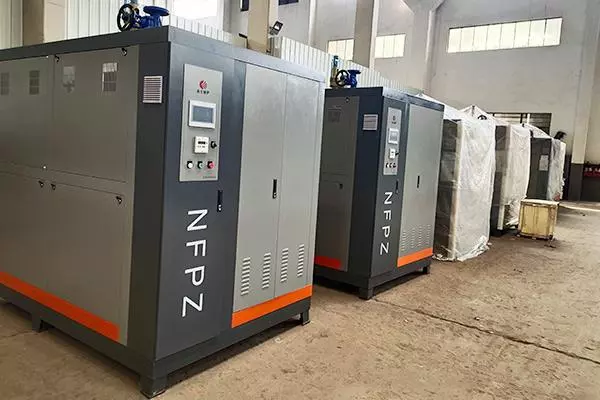
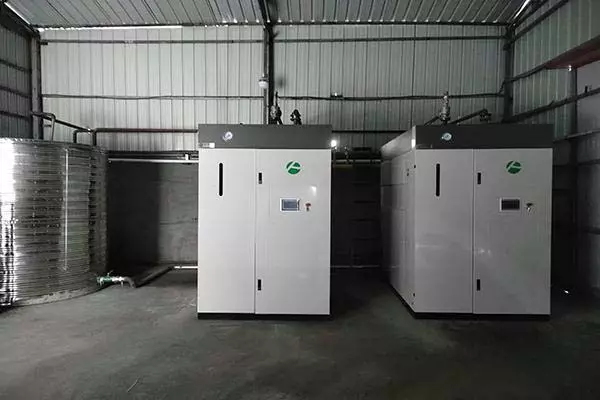
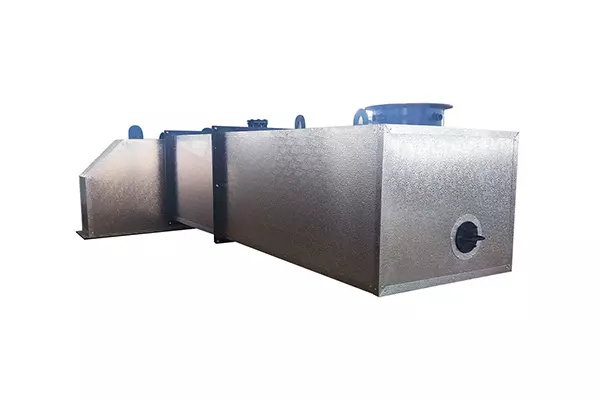
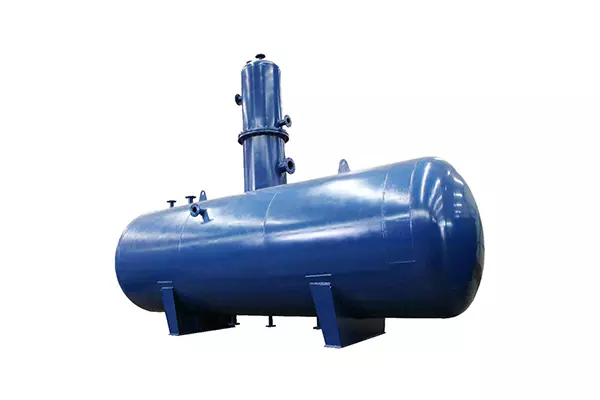
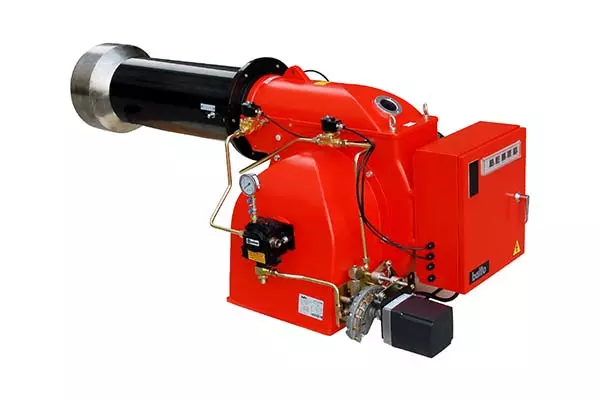
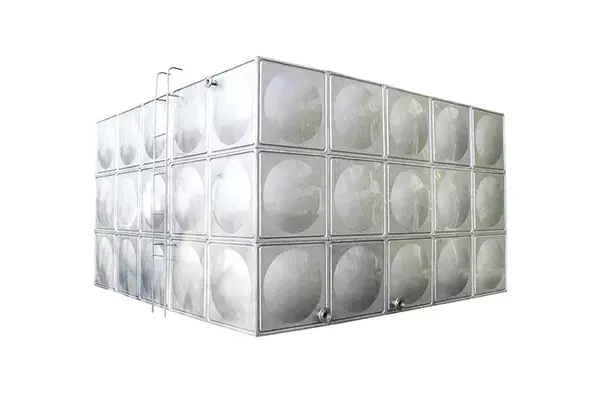
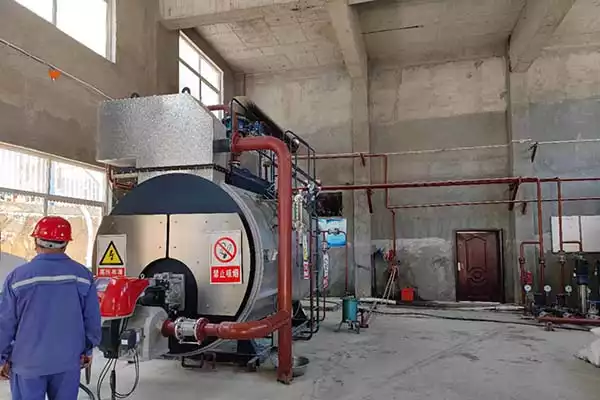
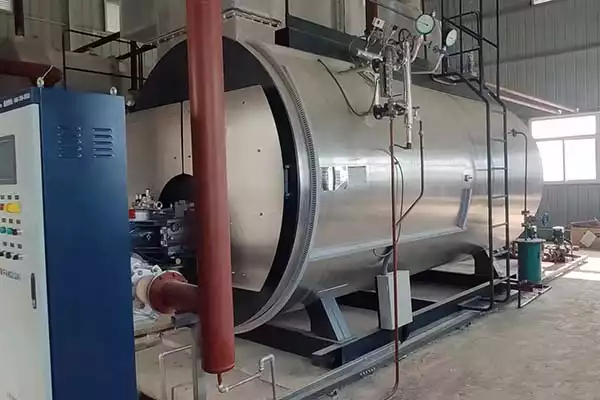
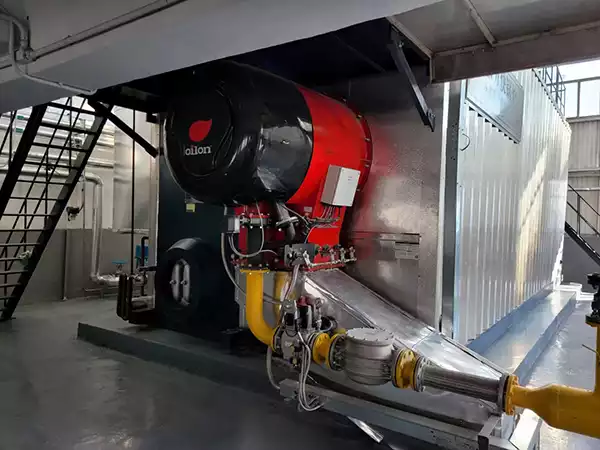
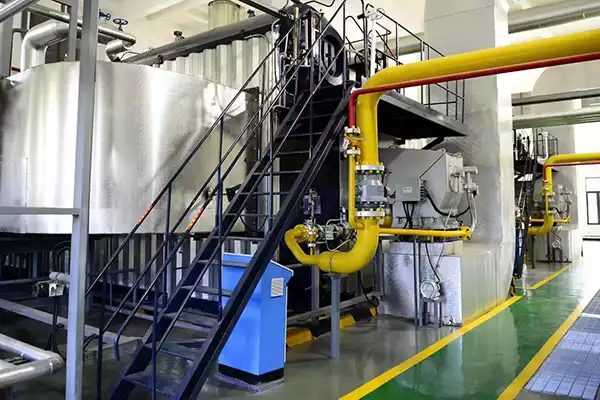
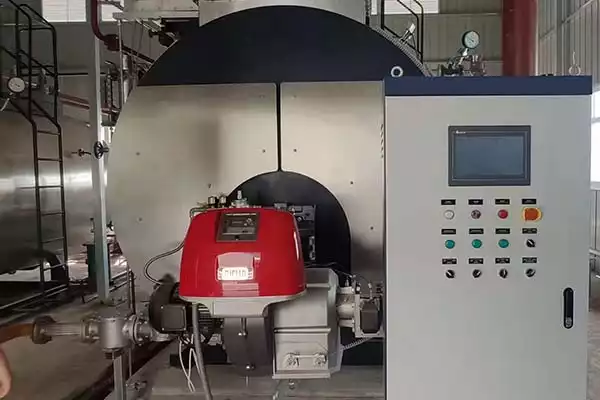
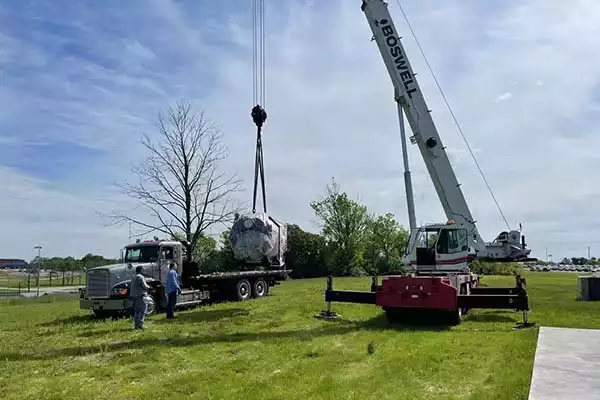
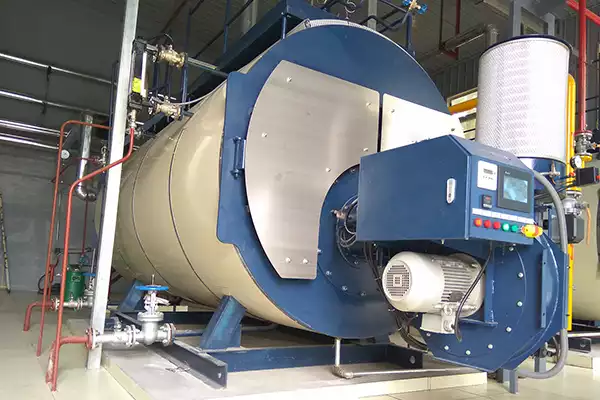
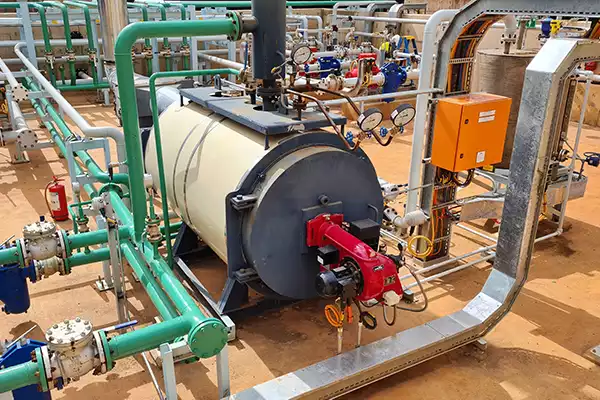





Vvoir les avis de nos clients
"La chaudière à eau chaude de Fangkuai est incroyable. Il chauffe rapidement et efficacement, et l'eau reste chaude longtemps. Nous n'avons jamais eu de problèmes avec et cela a considérablement amélioré nos opérations quotidiennes. Le processus d'installation s'est également déroulé sans heurts et le service client était excellent.. Je recommande vivement les chaudières à eau chaude de Fangkuai."
Sara
Canada"Le générateur de vapeur de Fangkuai est parfait pour ma petite entreprise. Il est très facile à utiliser et nécessite un minimum d'entretien. Il est également très économe en énergie, qui m'a aidé à économiser sur mes factures d'énergie. Le service client de Fangkuai est également excellent. Ils sont très réactifs et toujours prêts à aider. Je recommande fortement les générateurs de vapeur de Fangkuai."
Ahmed
Egypte"La chaudière à huile thermique de Fangkuai est très facile à utiliser et à entretenir. Cela nous a permis d'économiser du temps et de l'argent sur la maintenance, ce qui a permis de réaliser d'importantes économies. La qualité des matériaux et la construction de la chaudière sont exceptionnelles. Il est également très économe en énergie, qui nous a permis d'économiser de l'argent sur nos factures d'énergie. Je recommande fortement la chaudière à huile thermique de Fangkuai ."
Allen
Brésil"La chaudière à eau chaude de Fangkuai est incroyable. Il chauffe rapidement et efficacement, et l'eau reste chaude longtemps. Nous n'avons jamais eu de problèmes avec et cela a considérablement amélioré nos opérations quotidiennes. Le processus d'installation s'est également déroulé sans heurts et le service client était excellent.. Je recommande vivement les chaudières à eau chaude de Fangkuai."
Sara
Canada"L'équipement auxiliaire de Fangkuai a rendu mon système de chaudière encore meilleur. La qualité du matériel est exceptionnelle et les prix sont très raisonnables. L'équipement a contribué à améliorer l'efficacité et les performances de mon système de chaudière, ce qui a permis de réaliser d'importantes économies. Je recommande fortement l'équipement auxiliaire de Fangkuai à tous ceux qui ont besoin d'accessoires de chaudière de haute qualité."
Mariek
ROYAUME-UNI"Le générateur de vapeur de Fangkuai est parfait pour ma petite entreprise. Il est très facile à utiliser et nécessite un minimum d'entretien. Il est également très économe en énergie, qui m'a aidé à économiser sur mes factures d'énergie. Le service client de Fangkuai est également excellent. Ils sont très réactifs et toujours prêts à aider. Je recommande fortement les générateurs de vapeur de Fangkuai."
Ahmed
Egypte"Le générateur de vapeur de Fangkuai est parfait pour ma petite entreprise. Il est très facile à utiliser et nécessite un minimum d'entretien. Il est également très économe en énergie, qui m'a aidé à économiser sur mes factures d'énergie. Le service client de Fangkuai est également excellent. Ils sont très réactifs et toujours prêts à aider. Je recommande fortement les générateurs de vapeur de Fangkuai."
Ahmed
Egypte"La chaudière à eau chaude de Fangkuai est incroyable. Il chauffe rapidement et efficacement, et l'eau reste chaude longtemps. Nous n'avons jamais eu de problèmes avec et cela a considérablement amélioré nos opérations quotidiennes. Le processus d'installation s'est également déroulé sans heurts et le service client était excellent.. Je recommande vivement les chaudières à eau chaude de Fangkuai."
Sara
Canada"J'ai acheté une chaudière à vapeur Fangkuai pour mon usine et elle fonctionne parfaitement depuis des mois maintenant. La qualité des matériaux et la construction de la chaudière sont impressionnantes. Il est également très économe en énergie, qui nous a permis d'économiser de l'argent sur nos factures d'énergie. Je recommande vivement les produits Fangkuai à tous ceux qui ont besoin de solutions de chauffage fiables et efficaces."
John
Etats-Unis